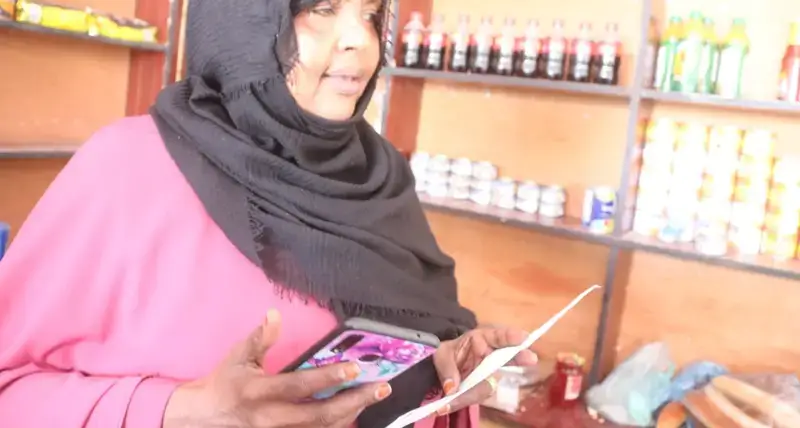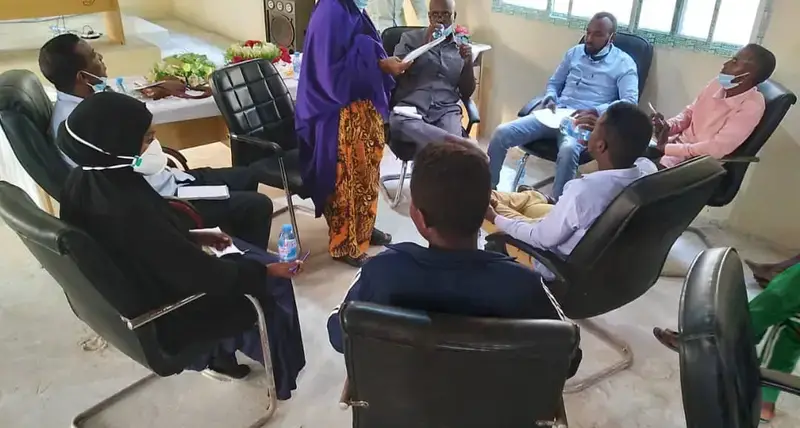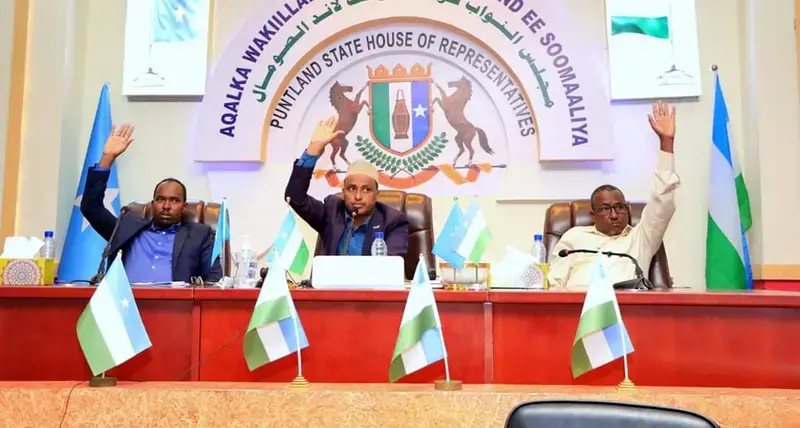Overview
To improve the functions of local governments with a view of an improved service delivery capacity, UN-Habitat has been supporting local governments in Somalia more than a decade, chiefly in the following areas:
- Capacity Development: Municipal staff were trained on basic accounting, financial management, map reading and surveying skills. In addition, local councillors were trained on different leadership management modules including local leadership management training with a focus on decision-making policy-development, financial management and institution building.
- Systems and Procedures: UN-Habitat supported the local governments in Somaliland and Puntland and henceforth revolutionized the very manner in which municipal tax is collected and managed. A Geographical Information Management System was applied to capture property characteristics in 8 districts in Somaliland and 7 districts in Puntland. The surveyed properties were incorporated into a local database that is linked to automated accounting and billing systems for improved revenue collection and management. The automated system has improved the accountability and transparency of local government functions as all finance-related transactions are captured and reported in the system. Due to the changing demands and increased local government functions, UN-Habitat collaborated with World Bank in upgrading the existing system to an Enterprise Resource Planning Software to manage country’s public finance resources. The new Financial Management Information System (FMIS), with its upgraded features and functions, inter-linked both at the centre and sub-national structures, presents stronger and more transparent financial management practices.
- Legislative Reform: With regard to legislation reform, UN-Habitat supported the development of local government finance policy to provide a guiding framework. The policy was developed in a participatory manner and later adopted as a principle guide for local government finance-related functions. Likewise, a set of procedural manuals, designed to support the implementation of the policy, was developed as well. These include local government financial management manual, internal audit charter and district audit committee manual. These manuals are all translated into Somali; and now they are used as government tools for improved financial management functions. The local government financial management manual provides step-by-step guidance of doing local government finance functions such as revenue and expenditure management, internal oversight mechanisms, reporting, procurement and asset management, to mention a few.
15
districts implemented GIS-based property survey and reported 300% revenue increase in average.
Some districts using
40-50%
of their budget on service delivery. Unlike the old habit of using all revenue on recurrent expenditure, municipal allocation for service delivery improved.
15
districts are using automated financial management systems and reported improved efficiency, transparency and accountability




